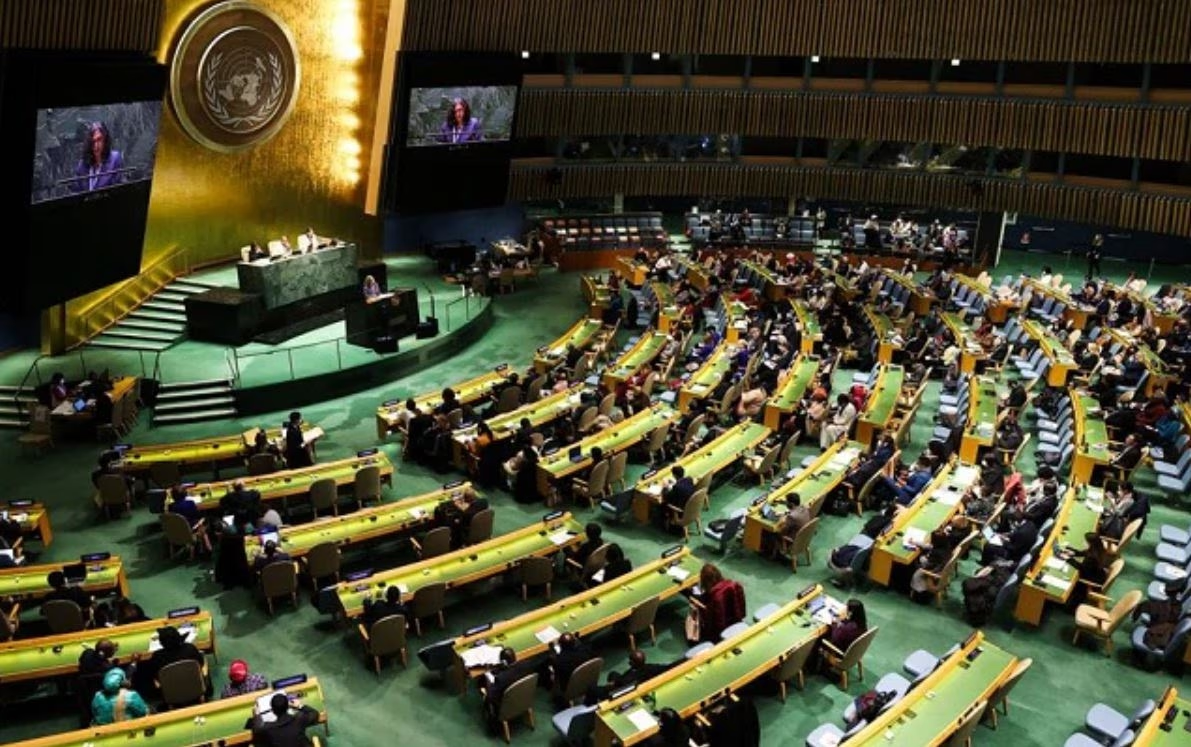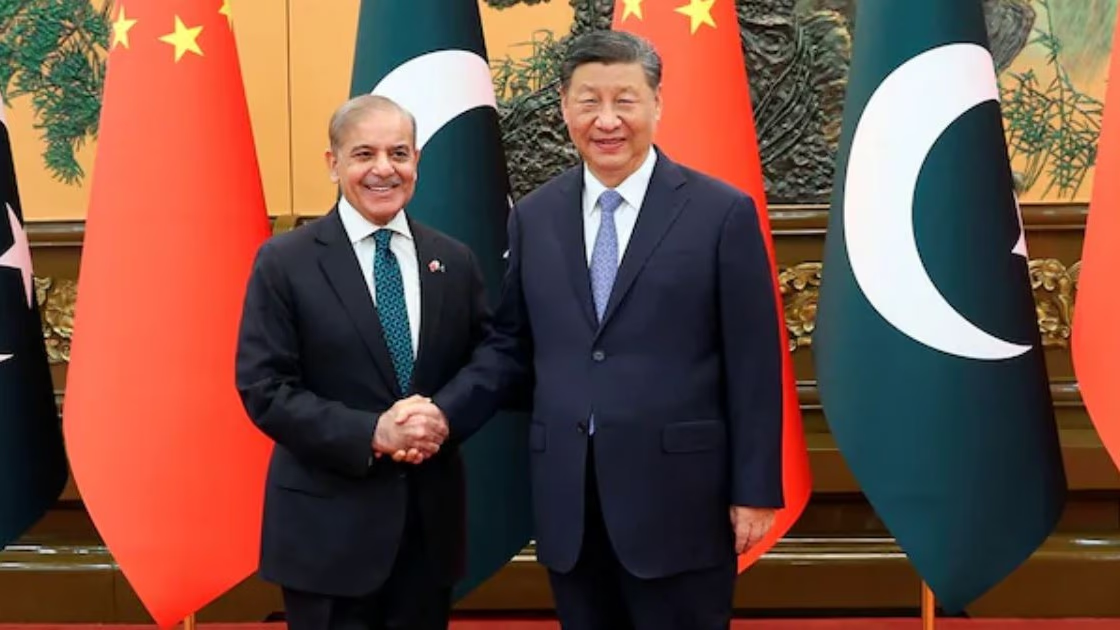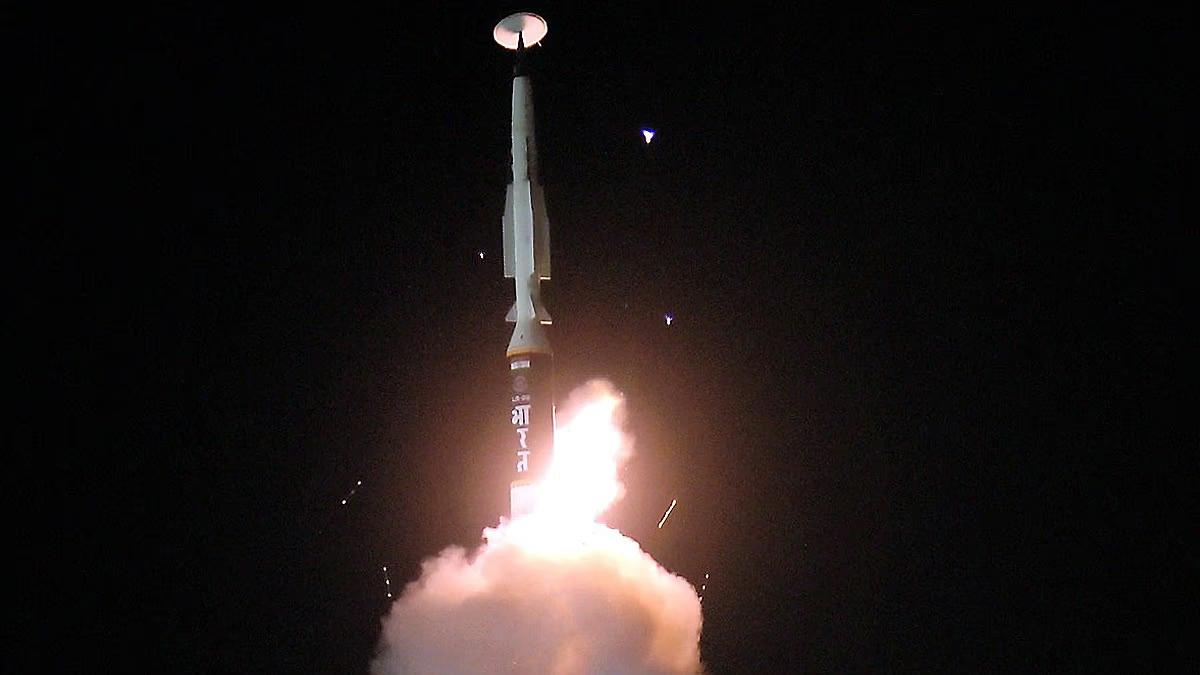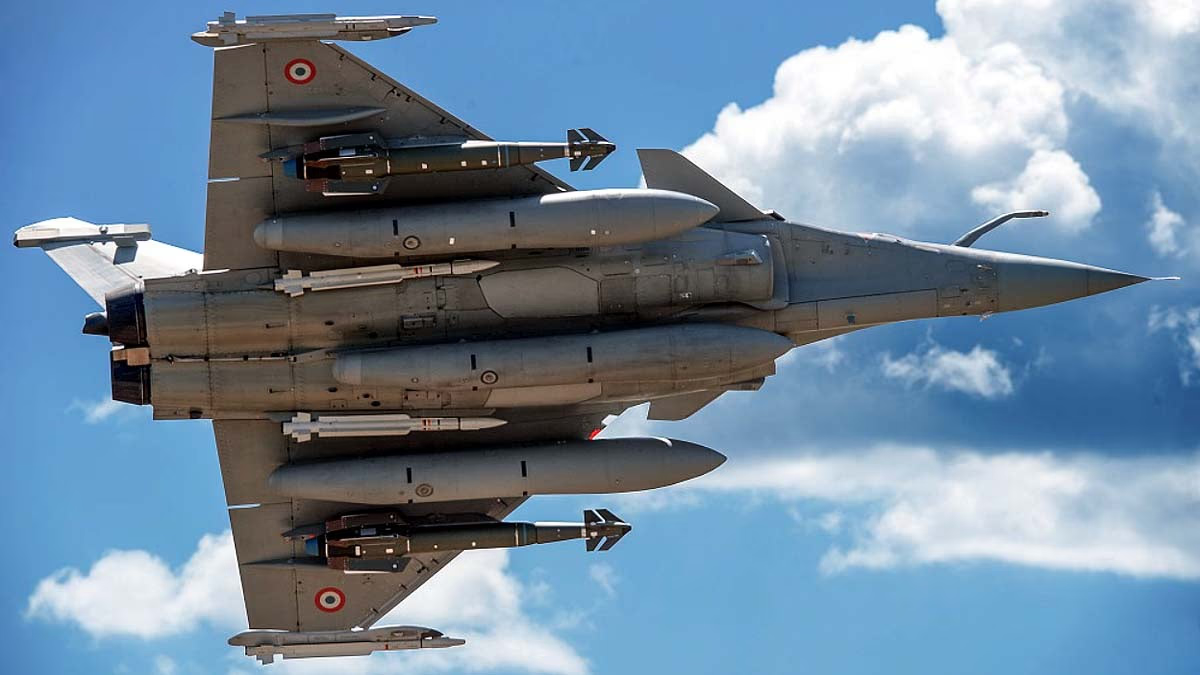China's expansionist ambitions in the subcontinent are widely known. On one hand, it arms and supports Pakistan, a neighboring rival to India, while attempting to woo Bangladesh. China has maintained a dual policy on terrorism—aggressively combating Islamic terrorism within its borders. However, when it comes to rescuing India's adversary terrorists, it stands as a safeguard at the United Nations.
Open Support to Pakistan
In the aftermath of the Pahalgam attack, China's Foreign Minister Wang Yi held a conversation with Pakistan's Foreign Minister Mohammad Ishaq Dar, openly backing Pakistan. China endorsed Pakistan's demand for a fair investigation into the Pahalgam attack, emphasizing that it is keeping an eye on India's activities post-attack. Pakistan had previously called for an international team to investigate the attack, a stance China now echoes.
Also Read:
China's backing of Pakistan is not new, and on numerous global platforms, including the United Nations, China has sided with this country that has become a sanctuary for terrorists. China has often opposed India's propositions at the UN against Masood Azhar, the head of Jaish-e-Mohammed, declaring it cannot support India without Pakistan's agreement. Masood Azhar, who wanders freely in Pakistan, is responsible for assaults like the Parliament, Mumbai, and Pulwama attacks on India.
Sheltering Terrorists through Veto
Recently, China also opposed India's proposal in the United Nations Security Council to include Masood's brother Abdul Rauf Azhar on the 1267 ISIL and Al-Qaeda sanctions list. The US imposed restrictions on Rauf in 2010, yet, in August 2022, China blocked efforts by India and the US to declare him an international terrorist. On numerous occasions, China has supported Pakistan-sponsored terrorism, repeatedly countering India.

Source: aajtak
China has also opposed listing Hafiz Saeed's son, Talha Saeed, the Lashkar-e-Taiba chief and mastermind of the Mumbai attacks, as a terrorist. Utilizing its veto power, China halted efforts by India and the US at the UN. Countries, including India, accuse Talha Saeed of promoting terrorism under the guise of jihad. India's government has declared Talha Saeed a terrorist under UAPA provisions.
Furthermore, China consistently opposes India's permanent membership in the United Nations Security Council (UNSC). Four out of the five permanent members support India, but China's resistance remains the barrier. China is the primary obstacle preventing India from becoming a permanent member, despite India serving multiple times as a temporary member.
Atrocities on Uighur Muslims in Xinjiang
Meanwhile, China perceives the Uighur Muslims in Xinjiang as an adversary that fails to submit to its rule, attributing regional attacks to Islamic terrorism. Recently, China criticized the exclusion of the separatist militant group 'East Turkestan Islamic Movement' from the US terror list, accusing America of double standards in the global fight against terrorism. Nonetheless, China's own approach mirrors this duplicity.
China views the Xinjiang Muslim community as resistant to government control, continuing to oppress them under suspicion. China has razed many mosques, establishing vast camps to detain Muslims. Human rights groups claim that over a million Uighur Muslims have been forcibly detained in these camps over recent years.
Also Read:
In Xinjiang, banning religious practices, forced detainment, abuse, torture, forced labor, and oppression of Uighur Muslims have continually been reported. China faces allegations of forced sterilization of Uighur women and separating children from their families. China aims to assimilate non-Chinese societies into its culture.




